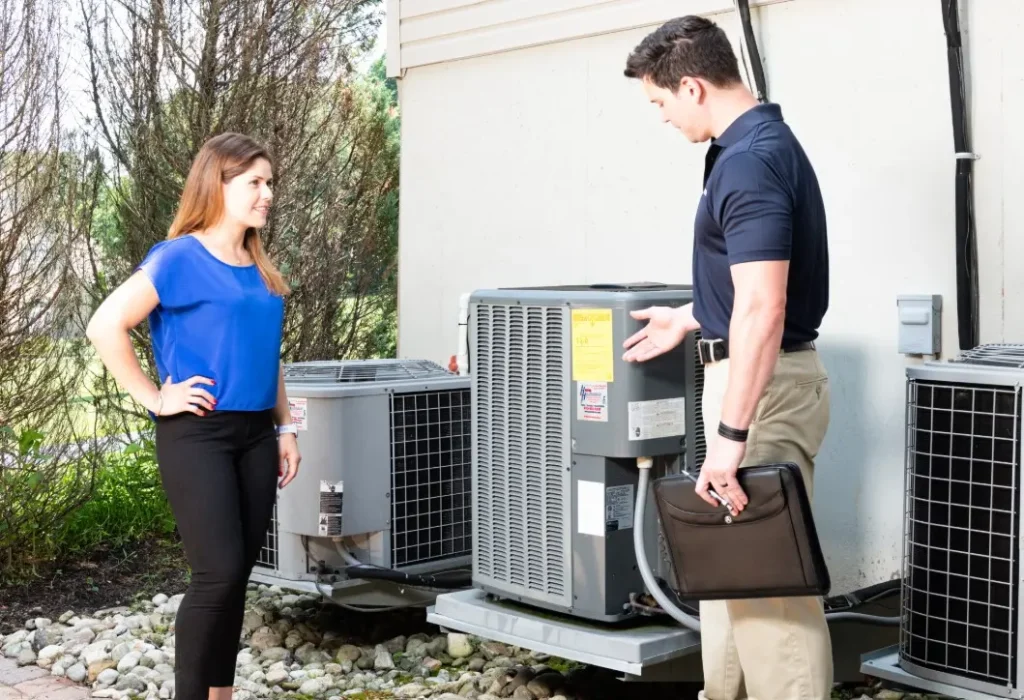When investing in a new HVAC system, understanding the warranty is crucial to ensure long-term reliability and peace of mind. A comprehensive warranty can save you from unexpected repair costs, making it an essential part of your purchasing decision.
Whether you’re considering Rheem HVAC systems or another brand, asking the right questions about the warranty will help you make an informed choice. Understanding what’s covered, how long the protection lasts, and what might void the warranty are key considerations. Here are the top questions to ask your dealer about the Rheem HVAC systems warranty before committing to your investment.
What HVAC brands have the best warranty?
Rheem is known for offering some of the best warranties in the industry. Their systems come with extended warranty options, providing coverage for parts and compressors, ensuring long-term peace of mind and reliable performance. Here are the top questions to ask to ensure you’re making the best choice for your home or business:
1. What does the warranty cover?
Start by asking your dealer for a clear breakdown of what is covered under the warranty. Some warranties may only cover specific parts, like the compressor or the evaporator coil, while others may offer comprehensive coverage that includes parts, labor, and even refrigerant. Make sure to get a complete list of covered components, as this will help you understand the level of protection you’re getting. Additionally, inquire if the warranty covers common wear and tear or if it’s limited to manufacturer defects.
2. How long does the warranty last?
The length of the warranty is another critical factor to consider. Standard HVAC warranties typically last anywhere from five to 10 years, but some brands may offer longer terms or extended warranty options for an additional cost. Be sure to ask how long the coverage lasts for different parts of the system, as some components (like the compressor) may have a longer warranty than others. Knowing the exact duration of your warranty will give you a clear idea of how long you can expect protection.
3. Are labor costs included in the warranty?
One common misconception about HVAC warranties is that they automatically cover labor costs. However, many warranties only cover parts, leaving you responsible for paying labor fees. Be sure to ask your dealer whether labor is included or if you’ll need to cover those costs separately. Some HVAC companies offer extended warranties or service contracts that include labor, so it’s worth discussing these options with your dealer.
4. What could void the warranty?
It’s crucial to understand the conditions that could potentially void your warranty. Manufacturers often have specific requirements, such as regular maintenance by a licensed technician, using only authorized parts, or having professional installation. Failure to follow these guidelines can result in your warranty being voided, leaving you without coverage when you need it most. Ask your dealer to explain the terms in detail, so you’re fully aware of what’s required to maintain the warranty.
5. Is it transferable?
If you plan to sell your home in the future, a transferable warranty can be a valuable selling point. Some warranties are tied to the homeowner, meaning they can’t be transferred to the next buyer, while others are fully transferable. Ask if the warranty on your new HVAC system will transfer to the new owner if you sell your property, as this can add value and peace of mind for potential buyers.
6. What is the claims process like?
Understanding the claims process is essential if you ever need to use the warranty. Check how warranty claims are handled and who you should contact if there’s a problem. Do you go through the dealer, the manufacturer, or a third-party provider? Additionally, inquire about how long it typically takes to resolve a claim, as this can vary between companies. Having a clear idea of how the process works will help you navigate any potential issues more smoothly.



